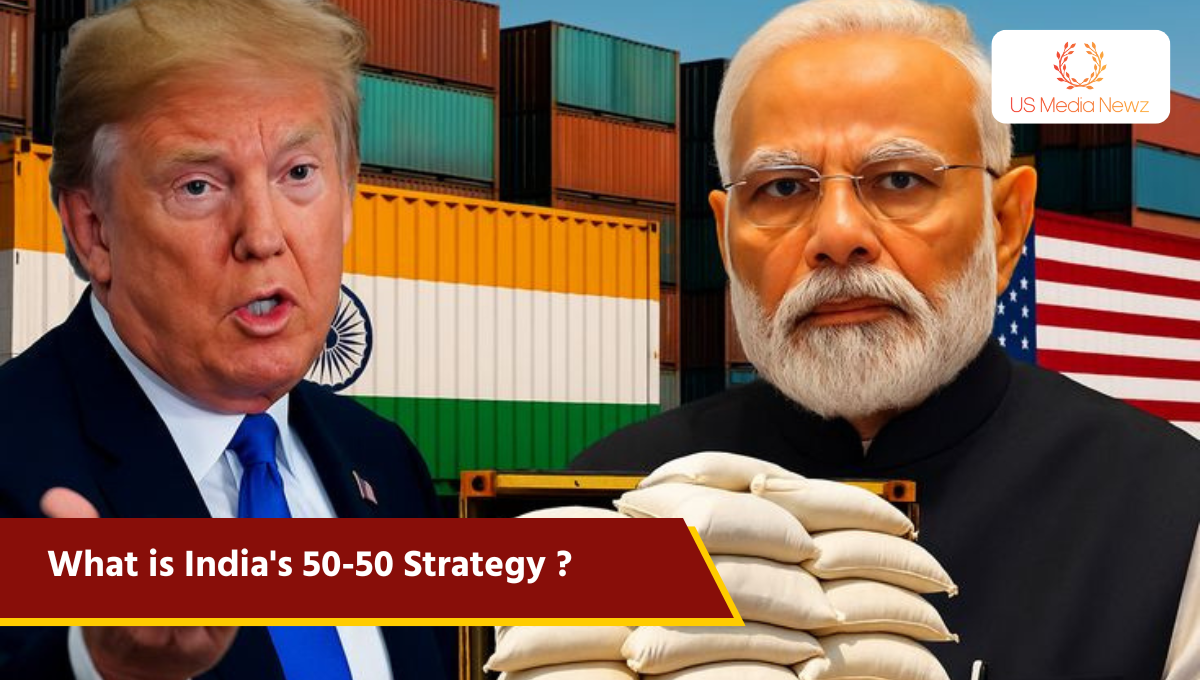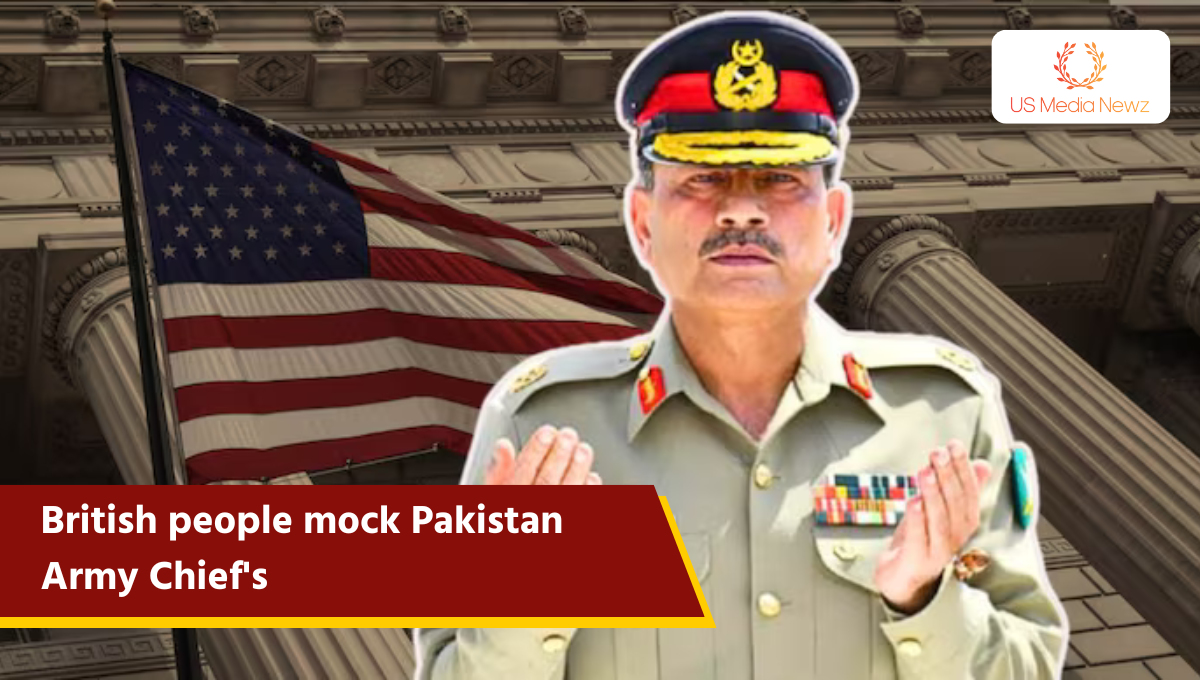The Uneasy Dance: Examining the Delicate Balance of Power in Modern Diplomacy
In the theater of global diplomacy, the latest moves on the geopolitical chessboard illuminate the ever-precarious balance between collaboration and conflict. Recent developments have once again highlighted how nations engage in a delicate dance to protect their interests while attempting to maintain a semblance of peace. This intricate ballet calls for careful navigation, where missteps could easily lead to significant consequences.
The complexities of modern diplomacy were brought into sharp focus this week, with major powers maneuvering through a maze of international issues, each linked to broader strategic goals. These maneuvers are not just about solving immediate problems but are tied to longer-term objectives, such as maintaining regional influence and ensuring national security. In this realm, every public statement and behind-the-scenes negotiation carries with it the weight of potential global impact.
While the surface of these interactions can often seem cordial, the underlying currents are driven by intense strategic calculations. Nations must weigh their responses carefully, considering not only their immediate needs but also how each decision could reverberate across borders. This necessity for caution creates an environment where diplomacy’s art involves not just speaking the right words but also understanding the subtleties of what remains unsaid. The skill lies in discerning allies from adversaries, which can sometimes mean befriending old foes when the tides of empowerment shift.
What makes current negotiations particularly noteworthy is the interconnected nature of global issues today. Economic challenges, environmental crises, and technological advancements overlap with battles for geopolitical dominance, necessitating collaboration even among reluctant partners. The shift towards an interconnected global stage requires a new form of diplomacy—one that prizes adaptability and foresight over rigid traditionalism.
As the world watches these diplomatic dramas unfold, it becomes clear that the path to maintaining global stability lies in embracing change while holding firm on principles that promote peace and cooperation. In this volatile landscape, proactive dialogue, respect for multilateral frameworks, and a commitment to shared humanity will determine whether nations coexist peacefully or pivot towards discord. The coming months will be pivotal, as leaders recalibrate their approaches to statecraft, setting the stage for either unprecedented progress or renewed tensions.






